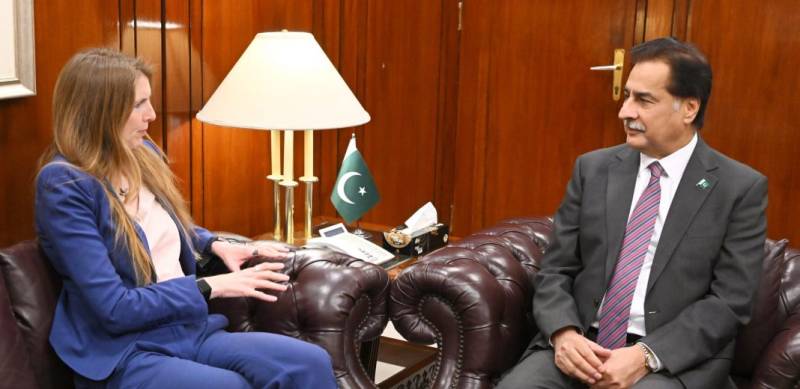LAHORE: Punjab Minister for Information and Culture Azma Bokhari on Tuesday said that kites worth Rs340 million were sold in Lahore within just two days, as preparations for the Basant festival gather momentum.
Talking to the media outside the…

LAHORE: Punjab Minister for Information and Culture Azma Bokhari on Tuesday said that kites worth Rs340 million were sold in Lahore within just two days, as preparations for the Basant festival gather momentum.
Talking to the media outside the…

British High Commissioner Jane Marriott met Speaker of the National Assembly Sardar Ayaz Sadiq at Parliament House on Tuesday to discuss bilateral ties, parliamentary cooperation, and key regional and global issues.
Speaker Sardar Ayaz Sadiq…